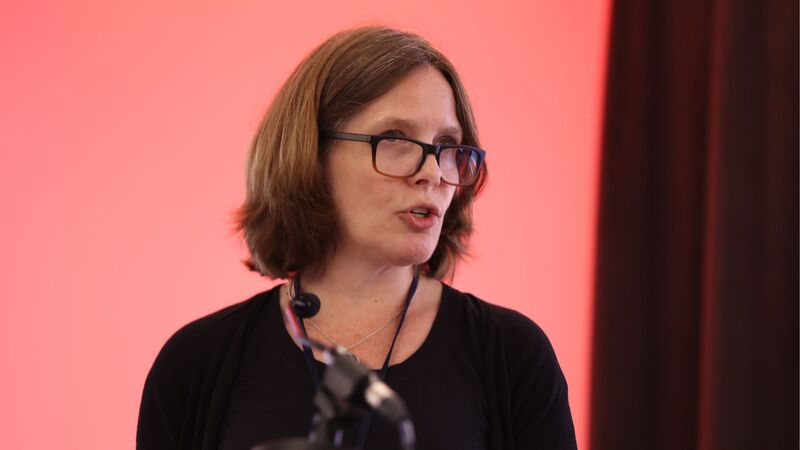You are viewing your 1 free article this month. Login to read more articles.
University of California boycotts Elsevier
In a major stand-off, the University of California has decided not to renew its journal subscriptions with scholarly publisher Elsevier this year, following months of contracts negotiations.
The University of California System accounts for almost 10% of the research output of the United States across 10 campuses, it is reported to have paid over $10m last year to Elsevier in journal subscription fees.
The university said it was taking "a firm stand" on the matter because Elsevier was "unwilling to meet UC’s key goal: securing universal open access to UC research while containing the rapidly escalating costs associated with for-profit journals."
Under Elsevier's proposed terms for making UC research immediately available open access to the reader, the publisher would have charged UC authors "large publishing fees on top of the university’s multi-million dollar subscription, resulting in much greater cost to the university and much higher profits for Elsevier", the university's statement said. UC said: "Elsevier was unwilling to meet UC’s reasonable contract terms, which would integrate subscription charges and open access publishing fees, making open access the default for any article by a UC scholar and stabilizing journal costs for the university."
“Knowledge should not be accessible only to those who can pay,” said Robert May, chair of UC’s faculty Academic Senate. “The quest for full open access is essential if we are to truly uphold the mission of this university.”
Elsevier has published around 18% of journal articles produced by the UC faculty.
Jeffrey MacKie-Mason, university librarian and economics professor at UC Berkeley, and co-chair of UC’s negotiation team. said: “Make no mistake: The prices of scientific journals now are so high that not a single university in the U.S. — not the University of California, not Harvard, no institution — can afford to subscribe to them all. Publishing our scholarship behind a paywall deprives people of the access to and benefits of publicly funded research. That is terrible for society.”
A spokesman for Elsevier told The Bookseller: “Elsevier has first and foremost the interest of researchers and students at heart. More than 85% of UC researchers choose to publish for free, and when they want to publish for a fee, we provide various options for them to do so.
“We also think the University of California is mistaken in its characterisation of Elsevier’s stance. During the negotiations for a contract covering academic publishing and access to academic literature, we put forward a unique model that supports CDL’s multi-payer open access request. It provides a clear path allowing every researcher to choose to publish for free or open access and provides as called path to reduce the costs for each campus library.
“The proposal also provides every UC student and researcher with access to all journal articles published by Elsevier—articles they download nearly one million times every month. It is disappointing that the California Digital Library (CDL) has broken off negotiations unilaterally, but we hope we can bridge this divide with them soon.”
The development comes after Elsevier saw 2% underlying revenue growth in 2018, according to the latest annual financial results filed by parent company RELX, to a total of £2,538m. At constant currency, the rise was 4%. Adjusted operating profit also grew 2% year-on-year to £942m, giving the publisher a profit margin of 37.1%, flat with last year's 37%.













